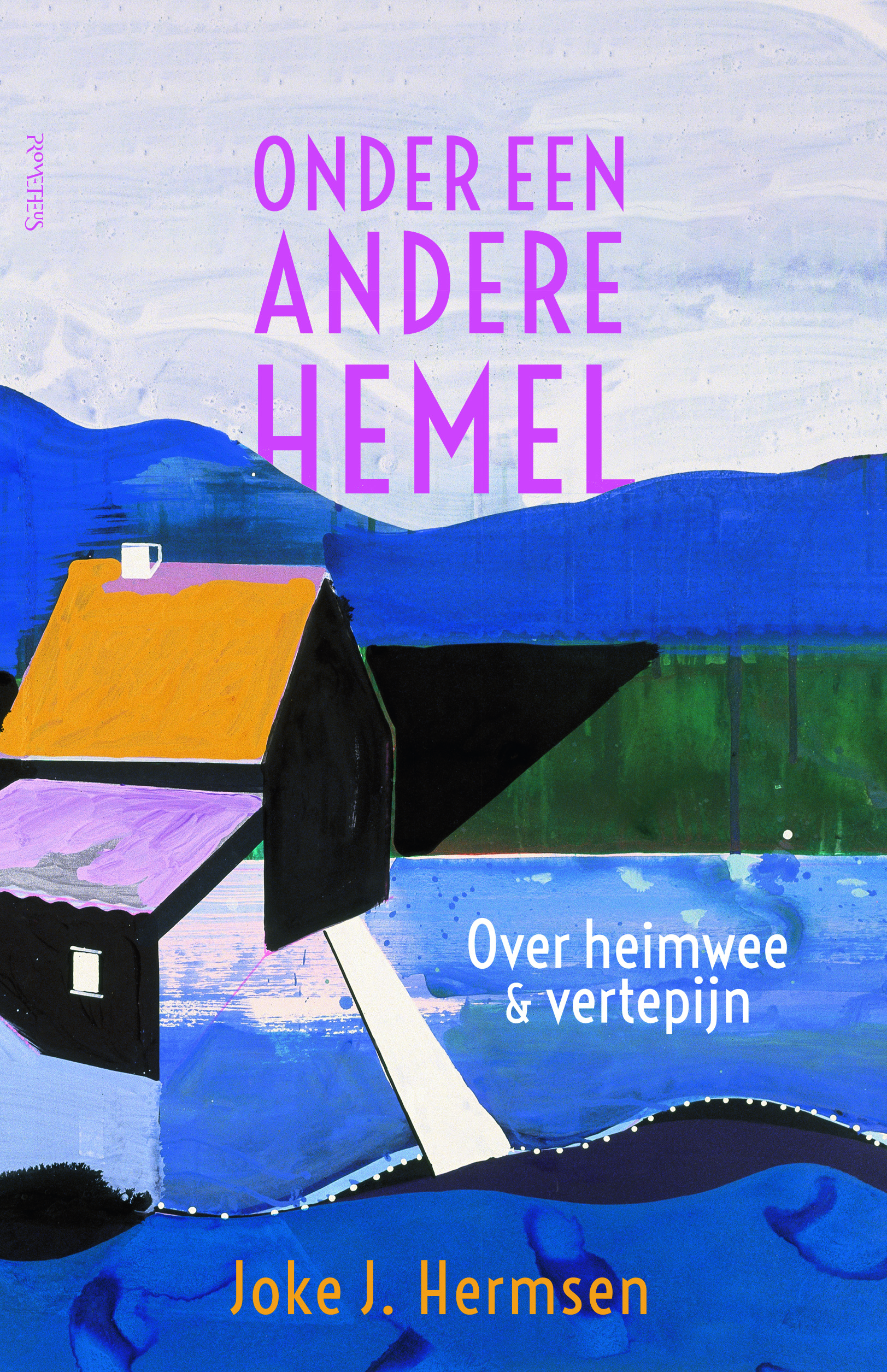Melancholy in Times of Turmoil
Philosopher J.J. Hermsen traces how we have dealt with melancholy down the ages, referring to philosophy, literature and art. Her lively, erudite cultural and historical essay takes us from classical antiquity to the Middle Ages, through its reassessments in art and thinking, to the present day.

Hermsen puts the case for melancholy as a source of solidarity, since it can connect people across the boundaries of time, culture, faith and ethnicity. But her incisive analysis of the zeitgeist shows that this connection is presently compromised by our pursuit of prosperity and instant happiness which leaves little room for any meaningful way of dealing with loss and mortality. During the course of the twentieth century, the idea of melancholy was supplanted by the ambiguous term ‘depression’ which found its way into medical textbooks and became perceived as a medical condition that could supposedly be treated and cured.
Hermsen appeals passionately for melancholy to be reassessed, for it to be reclaimed, linked with hope and given time and awareness for us to better cope with setback and loss. She also clearly points out, in referring to writings by Hannah Arendt and Ernst Bloch, that fresh political horizons would be needed, too.
In this, Hermsen places herself in the company of such innovative thinkers as Darian Leader and Emily Esfahani Smith who also oppose an over-mechanistic and medicalized definition of happiness and sorrow. With her impassioned plea for us to take melancholy seriously once more and to embrace it, Hermsen believes that far more room for creativity and empathy would be released, both of which are necessary to keep ourselves, our politics and our culture healthy.
J.J. Hermsen has written a captivating book about melancholy. She is closing in on the spirit of our times. Diagnosis: collective depression.
De Volkskrant
In her essay, Hermsen appeals for the rehabilitation of Homo melancholicus – because repressed sadness grows rank and eventually manifests itself in anxiety, depression, restlessness and xenophobia.
De Morgen
More Non-Fiction

Under a Different Sky
A meditation on homesickness and the eternal longing

Entrepreneurs in the Wild
The dispiriting story of a club of white benefactors in Africa: how nature parks have been corralled by modern imperialism

Burdened House
A bestselling memoir about the space one occupies in society as a woman; about loneliness, fear and the choices we make in love.

Land of Thieves: Survival in the Middle Ages
Brilliantly-researched, groundbreaking reconstruction of daily life in the fifteenth century
